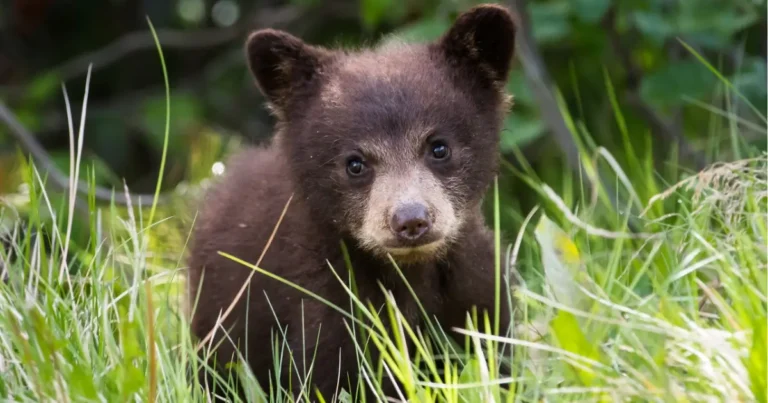By Michael Howie
“The squirrels are eating my potatoes!”
My newly constructed (from leftover catio parts) raised bed was completed in time for an early September planting of potatoes. I wasn’t expecting to harvest a lot – I built the new bed for use next spring, but figured I’d give a few potatoes that were eyeballing me a try.
It took about two days for signs of squirrels digging at my tubers. The shoots, quick to emerge during a warm, sunny September, were showing signs of struggle as divots appeared each day in the soil around them. I cursed the squirrels – I raised my fists to the sky, and shouted their given names. When that didn’t work, I had a good think, and came to two important realizations:
- Late season tubers are a bit of a gamble at the best of times.
- Growing tubers in a new, raised bed built on top of where squirrels have literally buried and found food for generations was a bigger gamble.
No amount of tactic that would remove the squirrels or prevent them from entering the yard would ever work: urban Hamilton is a perfect place for the highly adaptable Sciurus carolinesis (grey squirrel). Instead, I had to consider the squirrels’ possible perspectives:
- We have always buried food and found food in this small portion of habitat.
- Now there’s an object atop that habitat, but it’s filled with easy-to-move soil (as opposed to a soil/clay mix), and someone keeps adding nutritionally-dense, high-value tubers after we remove some.
I had created a pretty great squirrel buffet. While in the raised box, they’re protected from other animals like the local skunks who patrol the yard, less visible to birds of prey, community cats, and JJ the senior (but still nimble enough to remind squirrels it’s her yard) dog.
The solution ended up being an afternoon’s work and a single trip to the hardware store: metal fabric (0.5”, galvanized), fence washers, screws, and an extra length of 1” x 1” framing wood. I created a simple lid to the box with the framing wood and affixed a length of the metal fabric to it with screws and washers. The sides of the box were also wrapped with metal fabric and washers. Two simple hinges were added so the box lid would stay in place but be easily accessible to bipedal gardeners. And – no more squirrels!
That is, no more squirrels accessing my tubers. The squirrels continue to explore the caged-in box, and access the ground all around it. They even continue jumping into the other garden boxes (though only the year-one Asparagus officinalis remains). But for an afternoon’s work and a cost of about $100 (not including tools and some supplies already on hand), I have prevented a frustrating situation from reoccurring without causing any harm to the ecosystem or the animals.
The box will get a few more finishing touches – additional security around the top of the fencing on the short sides, and some hog nose clips to close off a couple of gaps.
The enclosed, raised bed is a simple system that started with understanding squirrels and ended with coexistence. And maybe some French fries in November.
Do you have any garden projects or coexistence tips you’d like to share or promote? Let us know! Tag The Fur-Bearers on our social channels or send us a message info@TheFurBearers.com.
Michael Howie is the Director of Communications for The Fur-Bearers and host of the Defender Radio and The Switch podcasts. He lives in urban Hamilton, Ontario, on the traditional territories of the Erie, Neutral, Huron-Wendat, Haudenosaunee and Mississaugas.
